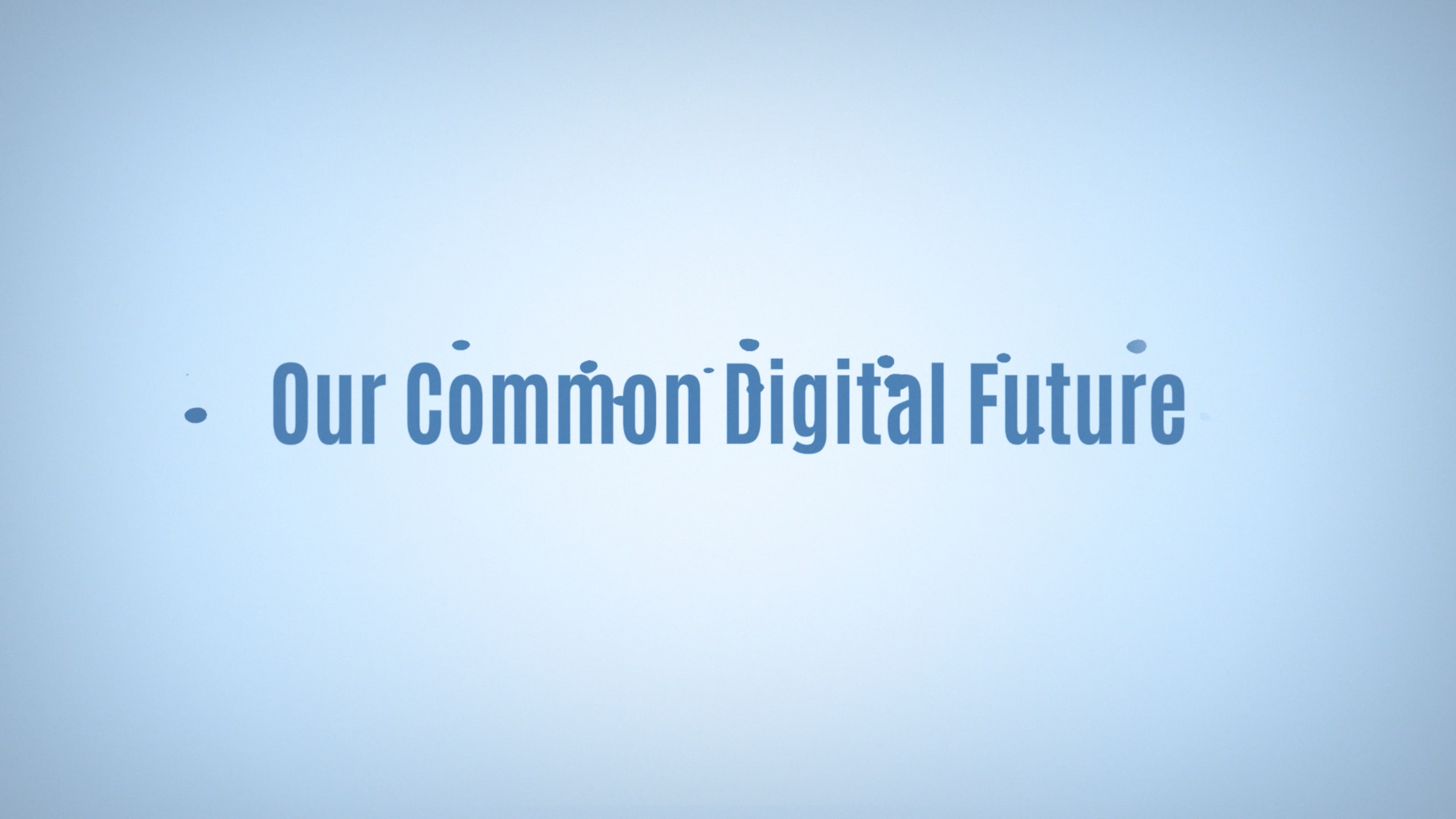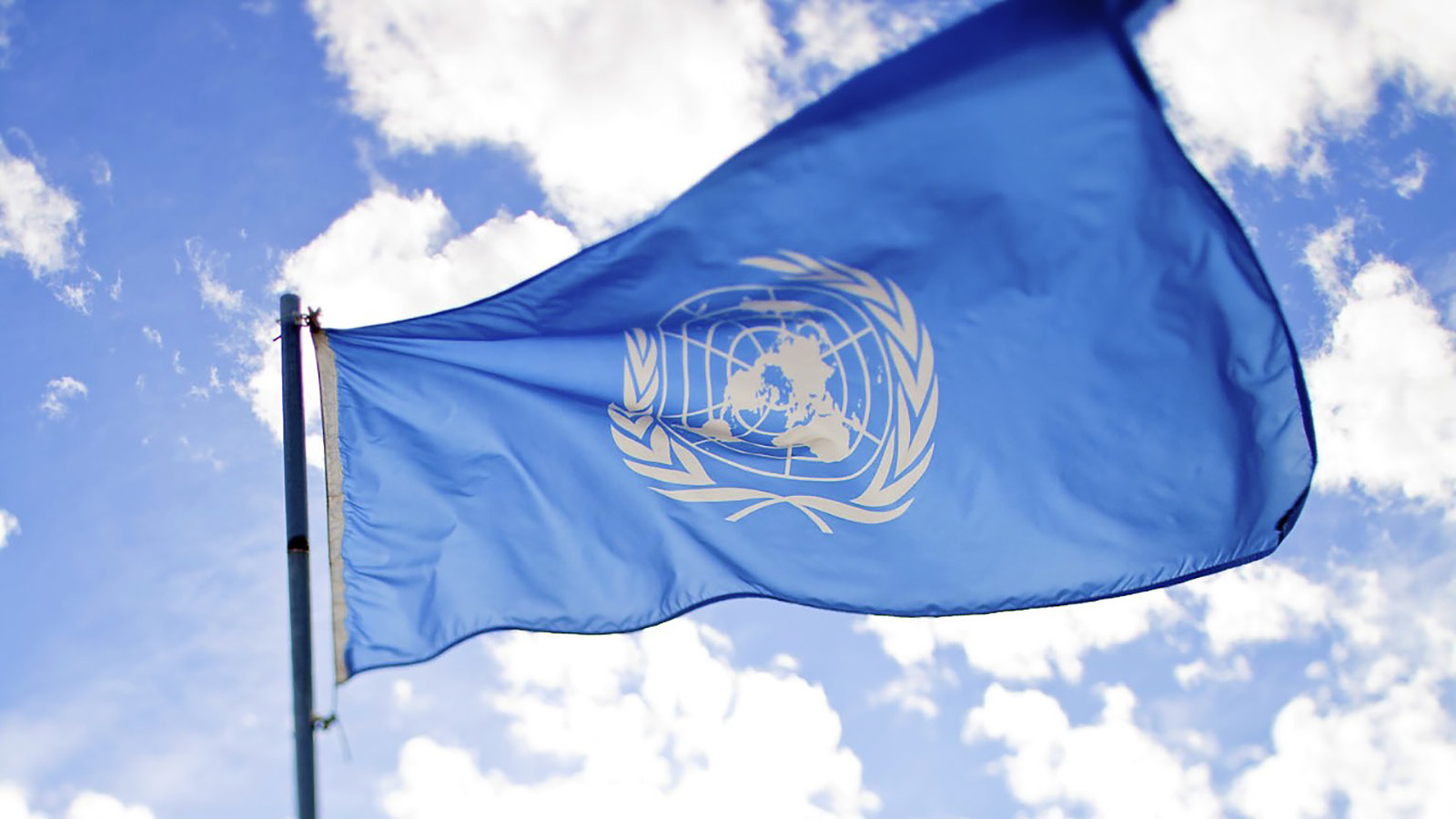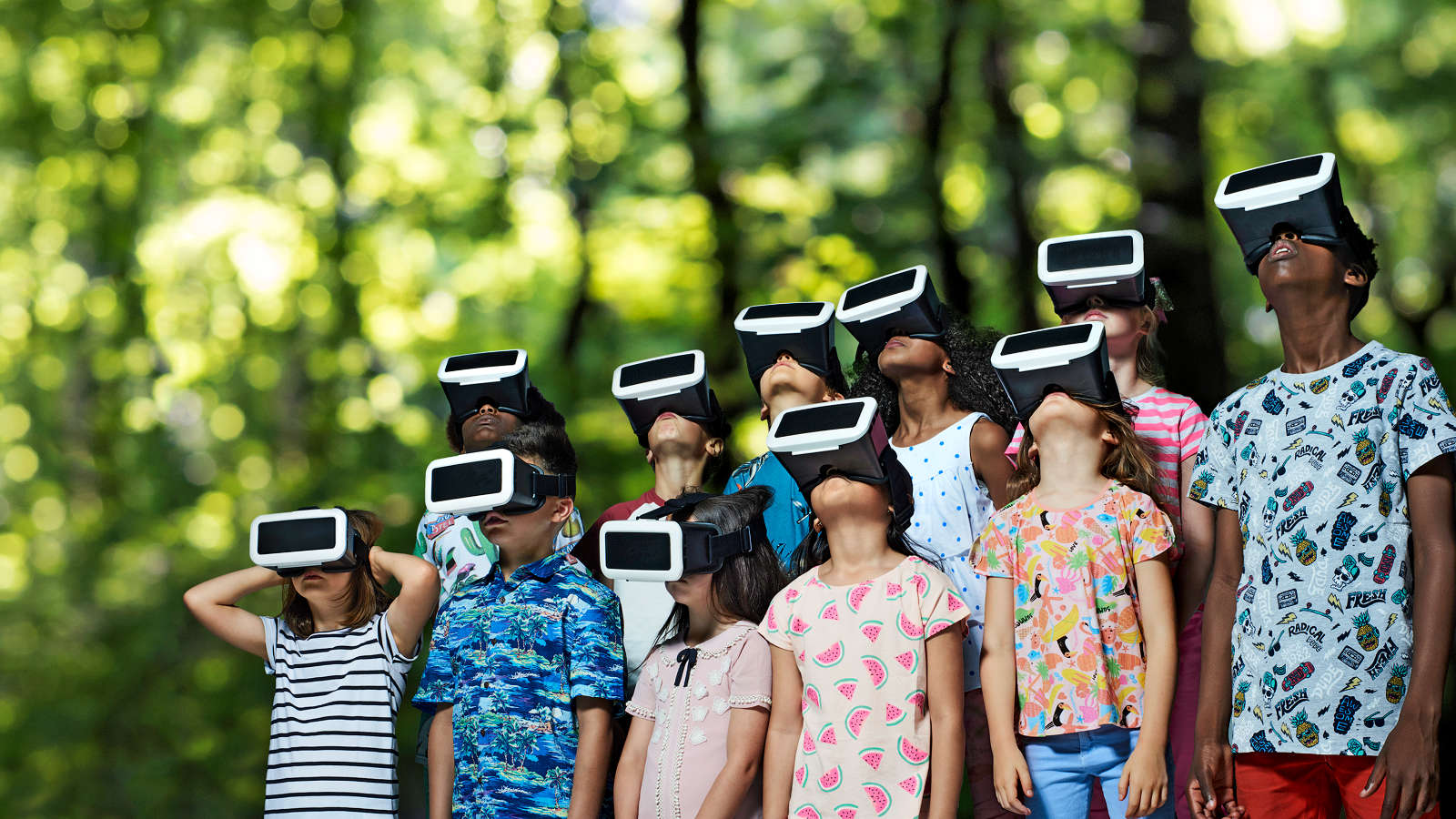Advisory council of the Federal Government presents charter for a sustainable digital future
The draft Charter is based on the WBGU's latest report on Our Common Digital Future, and incorporates current international debates on the ethics of digitalization. The draft will be presented today at the United Nations Climate Change Conference in New York and then opened for online comments. A short film stresses the need for global understanding on this issue.
The aim of the discussion process is to bring together people with different areas of expertise and perspectives and to jointly develop principles and ethically founded benchmarks for digitalized and sustainable economic activity and lifestyles. Once the discussion process has been completed on 31 January 2020, a revised version of the Charter will be prepared and published.
Place digitalization at the service of sustainability
The use of digital innovations should be focused more on achieving the sustainability goals, instead of primarily promoting conventional growth and increasing monopolization, as has been the case up to now. In this sense, the Charter can serve as a system of principles, objectives and standards for the international community. With this objective in view, it formulates principles for protecting human dignity, the natural life-support systems, inclusion in and access to digital and digitalized infrastructures and technologies, as well as individual and societal freedom of development in the Digital Age. The WBGU recommends that the 2030 Agenda and the global sustainability goals should be further developed in this direction. The synoptic view of digitalization and sustainability should be effectively institutionalized. In this way, the results of the Charter process could be combined with the recommendation of the UN High-level Panel on Digital Cooperation: to agree on a Global Commitment for Digital Cooperation in 2020.
Make sustainable digital change the EU's brand essence
The proposed Charter aims to provide fresh impetus to sustainability policy not only within the framework of the United Nations, but also for the European Union, and particularly for the new European Commission. The Charter could form the framework for the EU to develop its own digitalization model for a sustainable environment in which to live and work. Against this background, Germany's Federal Government should, within the framework of its EU Council Presidency in 2020, advocate developing a common European vision and laying down sustainable development as a guiding principle for European digitalization policies. Environmental protection, climate-change mitigation, circular economy, fair production conditions, privacy and social inclusion, as well as cybersecurity and resilient infrastructures in technology design and operation should become central principles guiding actions in a future European digitalization model. By developing an 'EU strategy for digitalization in the service of sustainable development', the EU could reveal practical options for the further development of the 2030 Agenda and thus give fresh impetus to global digital development.
The actors behind the Charter
The process of drafting and discussing the Charter is backed by an international group of supporters consisting of some of the world's leading research institutes and networks: Earth League, Future Earth, Global Development Network, International Science Council (ISC), The South African Institute of International Affairs (SAIIA), Research and Information System for Developing Countries (RIS, India), Sustainable Development Solutions Network (SDSN), United Nations University, The World in 2050 (TWI2050).
About the WBGU
The German Federal Government set up the German Advisory Council on Global Change (WBGU) as an independent, scientific advisory body in 1992 in the run-up to the United Nations Conference on Environment and Development (Rio Earth Summit). Its task is to analyse global environmental and development problems and to develop recommendations for action and research in the quest for solutions to these problems. The WBGU's current report, entitled 'Our Common Digital Future' (approx. 500 pages), formed the basis for formulating the draft Charter.


